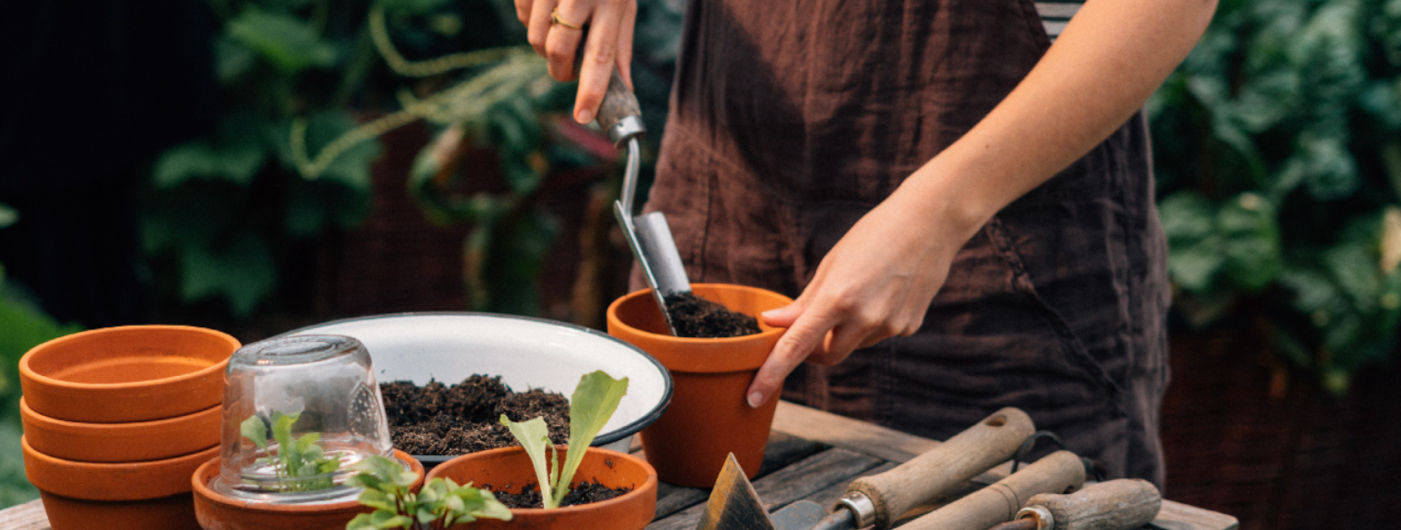Glossary
Natural gardening
A natural garden is a garden aligned with nature’s own ecosystems. The aim is to encourage native plants and wildlife, to avoid using chemical products, and to design your garden so that it is largely self-regulating.
Features of a natural garden
- Diversity not monoculture: native flowers, shrubs and trees provide habitats for insects and birds.
- Natural structures: wild corners, piles of deadwood, dry stone walls and water habitats support biodiversity.
- No chemical plant protection products or artificial fertilisers: compost, mulch and green manures are used instead.
- Insect- and bird-friendly: flowering wild plants, herbs and nesting places help bees, butterflies and birds.
- Water-efficient & sustainable: rainwater is collected and mulches are used to support drought-resistance.
Why garden naturally?
- Supports biodiversity, creating habitats for many wildlife species.
- Saves time and effort, as many processes are self-regulating.
- Is more climate-friendly because it maintains natural cycles.
Tip: Let part of your garden grow “wild” – this will boost biodiversity and provide valuable places of refuge for natural creatures.


